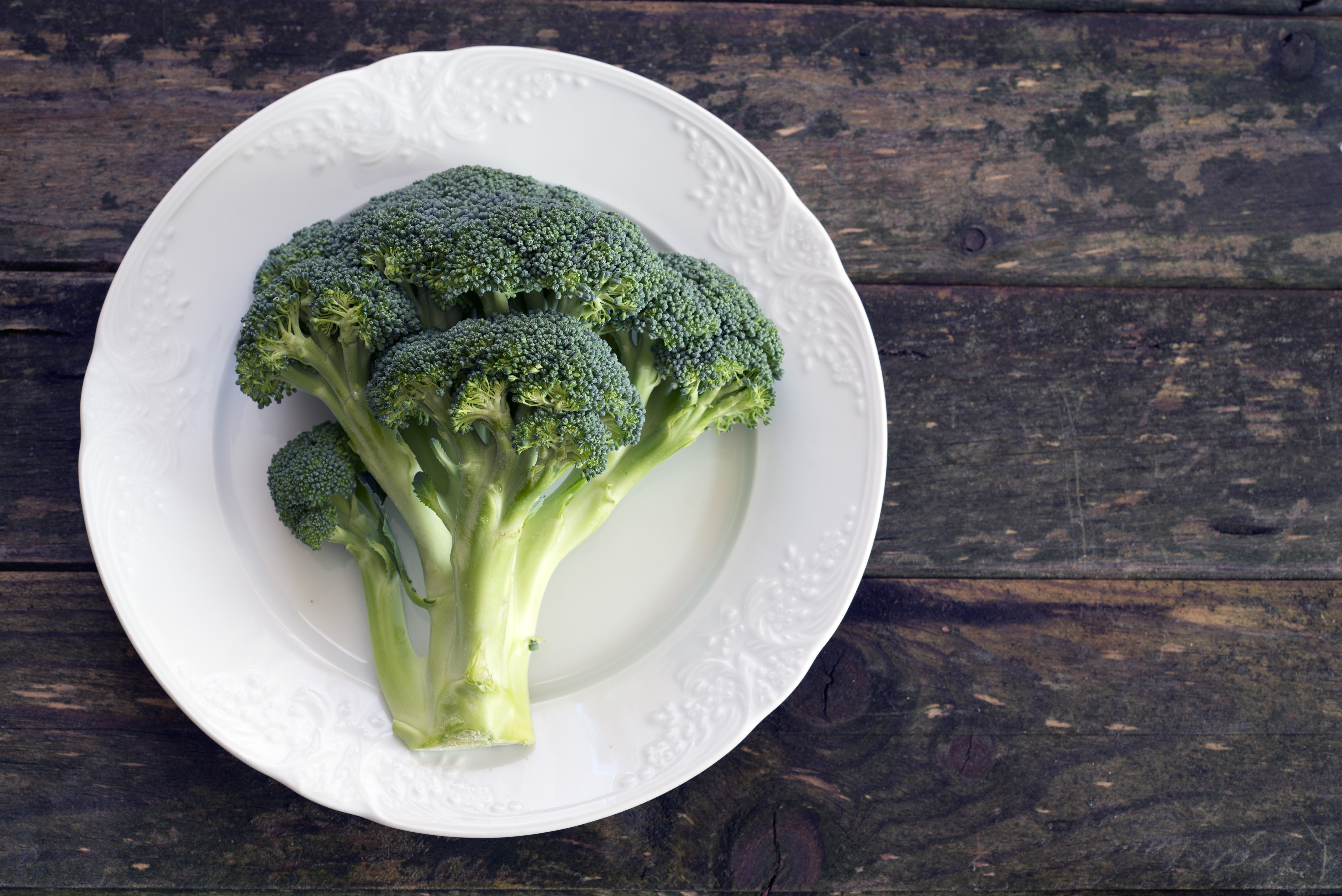
What’s growing in your intestines?
You probably know that trillions of bacteria live in our intestines. But how are these little organisms planted? The origin of a healthy intestinal flora lies in the first few hours of life. Different factors including mode of delivery, feeding habits, maternal or newborn use of medication, affect the initial colonizing process. This initial exposure has a profound impact on future health, and any alteration in the microflora during this sensitive time period can lead to dysfunctional immunity and hostile infections.
Since the mother is the primary donor to her newborn child, her intestinal micro flora sets the foundation. If the child is born through natural birth, this becomes the primary mode of transmission. Subsequently, the child obtains a host of bacteria through the mother’s milk, which also includes antibodies. But how can a mother influence the type of bacteria transmitted to her child? While the answer might seem complex initially, diet is the simplest and best place to start.
Recent scientific studies have discovered that a plant based diet can alter our immune capacity and intestinal health. Dr. Brigitta Stockinger, a molecular immunologist in the Francis Crick Institute in London, studies the intricate relationship between our diet, our intestinal bacteria, and our immune system. There is not a question in her mind that the more vegetables we eat the healthier our immune system is, including the immune system in our gut.
Another study done on intestinal health found that green vegetables, in particular, are immune boosting. After just two weeks of eating no green vegetables, the study found immune cells in the intestinal tract of mice was 70 percent less compared to those who continued to feed on green vegetables.
Vegetables produce an indigestible product, known as prebiotics, that fertilizes our intestines with fructooligosaccharide (FOS). High sources of FOS are wheat, chicory root, onions, bananas, honey, garlic, or leeks. Fermentation of FOS in the colon can lead to improved immunity and disease resistance. Intestines fed with these vegetables breed large quantities of flora called Bifidobacteria. These vegetables also shorten gastrointestinal transit time and thereby reduce symptoms of constipation. Due to the important role of this bacteria, the increase in Bifidobacteria has been linked to benefitting human health.
Another link between a plant based diet and our immune system is a compound found in cruciferous vegetables like broccoli, cauliflower, and cabbage. Indole-3-carbinol is activated by the acidity in our stomach to bind to specific locations in our intestines called “Aryl hydrocarbon receptor” (AhR). Once these two are bound, our genetic code, called DNA, is stimulated to produce enzymes that metabolize (or process) foreign substances and organisms in the form of chemicals, viruses, and bacteria. Since DNA is genetic material, we directly influence what form of DNA we transmit to our children based on our diet and lifestyle.
Previous recommendations for daily vegetable intake were very lenient, claiming 5 servings of fruits and vegetables per day were sufficient. However new research shows a greater amount is needed to ward off cancer, heart disease and strengthen one’s immune system. The new immune boosting recommended daily intake is 10-15 cups of a rainbow-assortment of vegetables, with a focus on dark-greens and cruciferous vegetables. This task may seem daunting, however, we can easily start by incorporating 3-5 cups of vegetables at every meal, including breakfast.
A newborn’s initial intestinal colonization is one of the most impactful health determinants. Although there are various unpredictable events that may negatively alter intestinal balance, we should focus on improving factors well within our control, such as our diet. By improving intestinal communication between bacteria and our gut, our immune system and that of our children’s may be solidified, supported. We have the choice to not only alter our own DNA but also the development of our children’s physiology, immunity, and overall development.
References
Y. Li, S. Innocentin, D.R. Withers, N.A. Roberts, A.R. Gallagher, E.F. Grigorieva, C. Wilhelm, M.Veldhoen. Exogenous Stimuli Maintain Intraepithelial Lymphocytes via Aryl Hydrocarbon Receptor Activation. Cell, 147 (2011), pp. 629-640
Lora V. Hooper. You AhR What You Eat: Linking Diet and Immunity. Cell, Volume 147, Issue 3, 28 October 2011, Pages 489-49
Lin YL1, Symbiotic bacteria direct expression of an intestinal bactericidal lectin.Science. 2006 Aug 25;313(5790):1126-30.